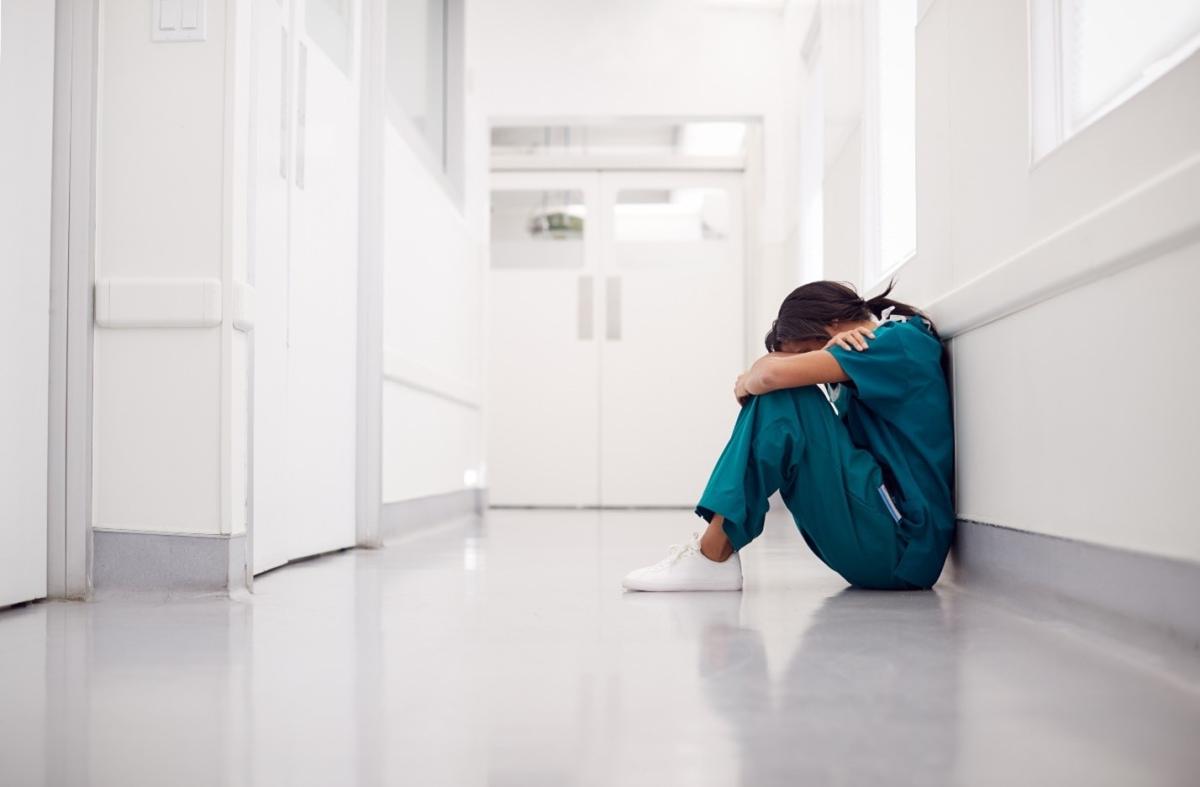By: Jack Johnson, Destinations International
Last Thursday, Quebec Provincial Health Minister Christian Dubé announced that vaccine passports would be required to enter Société des alcools du Québec (SAQ) and Société québécoise du cannabis (SQDC) locations starting Jan. 18. In other words, you must be vaccinated to purchase alcohol or recreational cannabis from the provincial owned outlets. The result? In a brief message posted to social media this past Friday morning, Minister Dubé notes that in the last few days, appointments for first doses have increased from 1,500 per day to more than 6,000.

These steps to ramp up the cost of not being vaccinated seem to be just the beginning in Quebec. Minister Dubé stated that, in the coming weeks, other non-essential services, including personal care, could be added to the list of places requiring a vaccine passport. And this week, Quebec Premier Francois Legault says adult residents who refuse to get vaccinated against COVID-19 will be charged a financial penalty. The amount of the penalty hasn’t been decided but the Premier said it will be “significant.”
The rationale for this is simple. While the vaccination does not necessarily prevent you from getting COVID-19, it does significantly reduce the risk of severe illness, hospitalization, and death. According to the Quebec government, about 10% of adults in Quebec are unvaccinated but they represent about 50% of intensive care patients. In all, Quebec has reported 12,028 deaths attributed to the novel coronavirus, the most in Canada even though they have 6 million less people than the province of Ontario.
I have seen that ratio or something similar in other locations. A recent report from the State of Washington Health Department found the following:
Unvaccinated 12–34 year-olds in Washington are
-
2 times more likely to get COVID-19 compared with fully vaccinated 12–34 year-olds.
-
10 times more likely to be hospitalized with COVID-19 compared with fully vaccinated 12-34 year-olds.
Unvaccinated 35–64 year-olds are
-
3 times more likely to get COVID-19 compared with fully vaccinated 35–64 year-olds.
-
14 times more likely to be hospitalized with COVID-19 compared with fully vaccinated 35-64 year-olds.
Unvaccinated 65+ year-olds are
-
6 times more likely to get COVID-19 compared with fully vaccinated 65+ year-olds.
-
13 times more likely to be hospitalized with COVID-19 compared with fully vaccinated 65+ year-olds.
-
15 times more likely to die of COVID-19 compared with fully vaccinated 65+ year-olds.
Getting vaccinated is a personal decision. I get that. But all decisions have consequences or costs. And, in the case of COVID-19, that cost starts with the expense of medical help, a cost that will be borne in one way or another by all of us through insurance rates and government expenditures. In the United States, Fair Health, an independent nonprofit that tracks health care costs, recently released an interactive tool that displays state-by-state costs associated with COVID-19 treatment. Money magazine reviewed the data showing that for noncomplex COVID-19 hospitalizations, the average billing costs ranged from $31,339 to $111,213 around the country. Complex cases are much more expensive, with average costs ranging from $131,965 to $472,213.

The cost of COVID-19 also includes the burnout of the overworked medical professionals. These professionals are exhausted by long hours and staffing shortages. They are traumatized by the magnitude of death that waves of Covid-19 have wrought. A recent American Association of Critical-Care Nurses (AACN) survey of more than 6,000 acute and critical care nurses quantified the impact of the pandemic on the nursing profession. The report found the following:
-
92% of nurses surveyed said they believe the pandemic has depleted nurses at their hospitals and, as a result, their careers will be shorter than they intended
-
66% feel their experiences during the pandemic have caused them to consider leaving nursing
-
76% say that people who have yet to be vaccinated threaten nurses’ physical and mental well-being
-
67% believe taking care of patients with COVID-19 puts their own families’ health at risk
Every level of the medical industry seems to be facing the effects. Medical labs face understaffing and burnout as demand for COVID tests remains a continued crunch that is only increasing. The same can be said for pharmacists.
Finally, the cost of COVID-19 also includes the pain and suffering of those in need of health care who cannot get it because the system is clogged by unvaccinated COVID-19 patients. In Minnesota, doctors took out an ad in the Star-Tribune, pleading with people to get vaccinated. In Michigan, an ER doctor wrote an opinion piece in the New York Times, warning that some facilities were close to being unable to provide care. For a stressed hospital, every Covid admission can mean a canceled surgery, an overworked nurse or doctor, or a new space for a hospital bed that may not be found.
Given the societal cost of not getting vaccinated, increasing the cost to the individual may, it seems to many, be an appropriate response. As Susan Delacourt, an Ottawa-based columnist covering national politics for the Toronto Star Newspapers, recently wrote, “Booze and cannabis may be our best weapons in the battle against vaccine hesitancy.” As she points out, persuasion by political leaders and health professionals can only go so far. Plus, their messages have often been mixed and confusing at times as we negotiate the unknown of the pandemic. Eliminating access to luxuries, such as alcohol and recreational cannabis, an access that is considered a privilege not a right, just might prove to be the best inducement to getting folks vaccinated.

